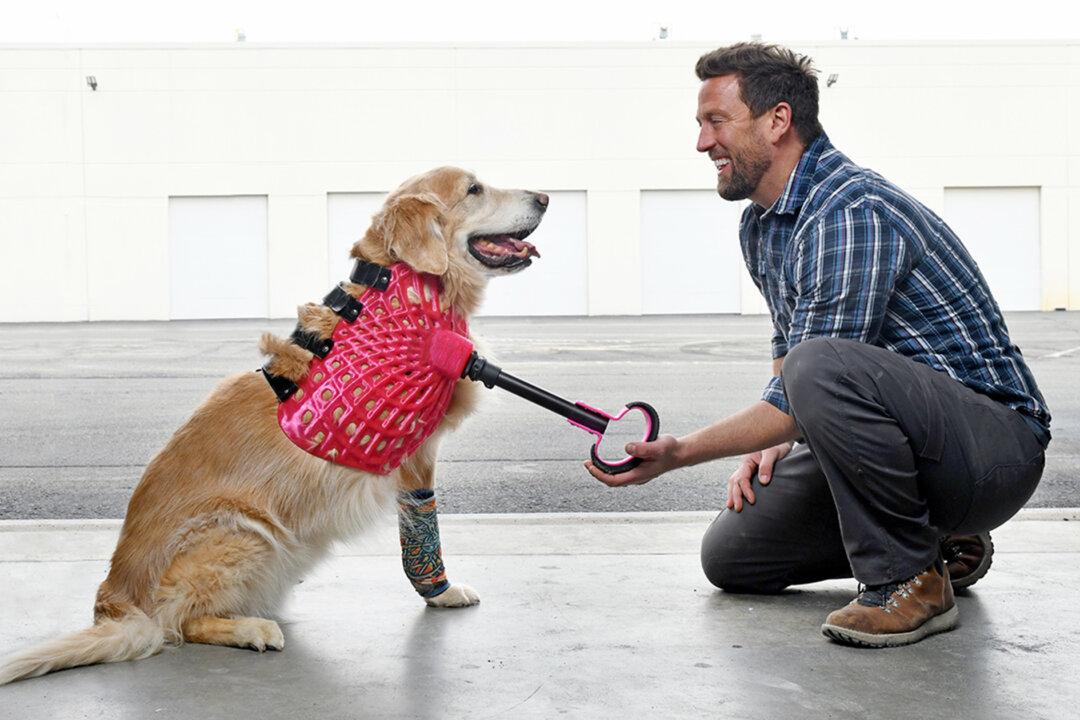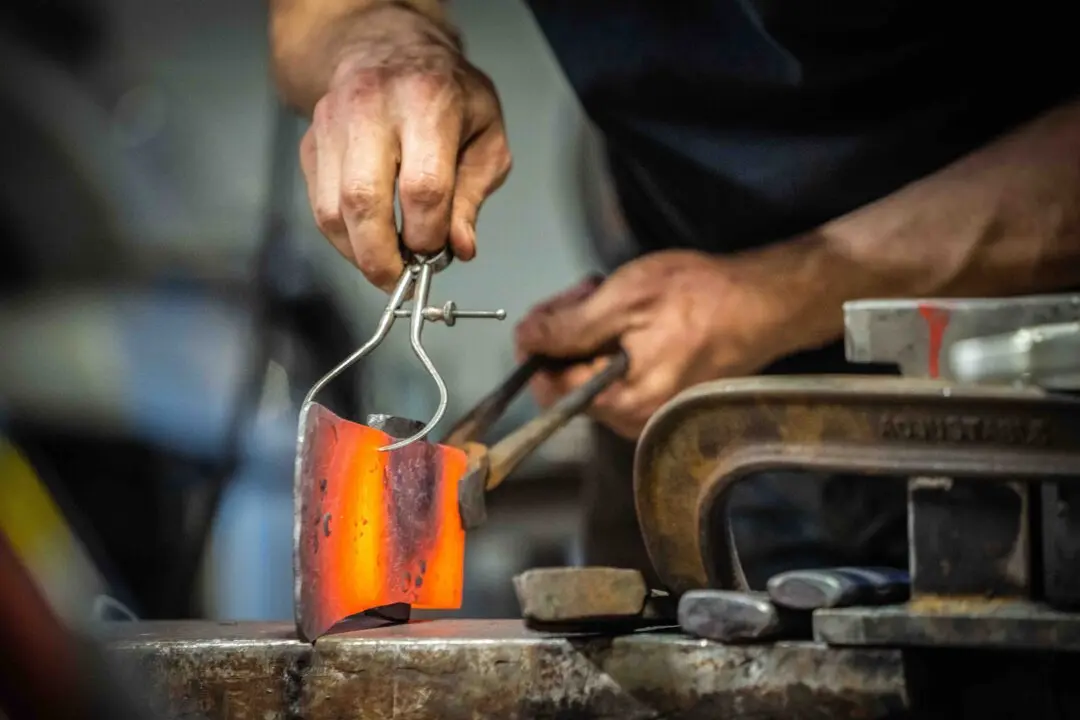Meet this animal prosthetic expert from Virginia who is giving animals with limited mobility a second chance at life by creating custom artificial limbs—gifting them with the opportunity to walk again.
Through his organization, Bionic Pets, Derrick Campana, 43, has transformed the lives of close to 35,000 animals, including dogs, goats, cows, camels, raccoons, and elephants.






